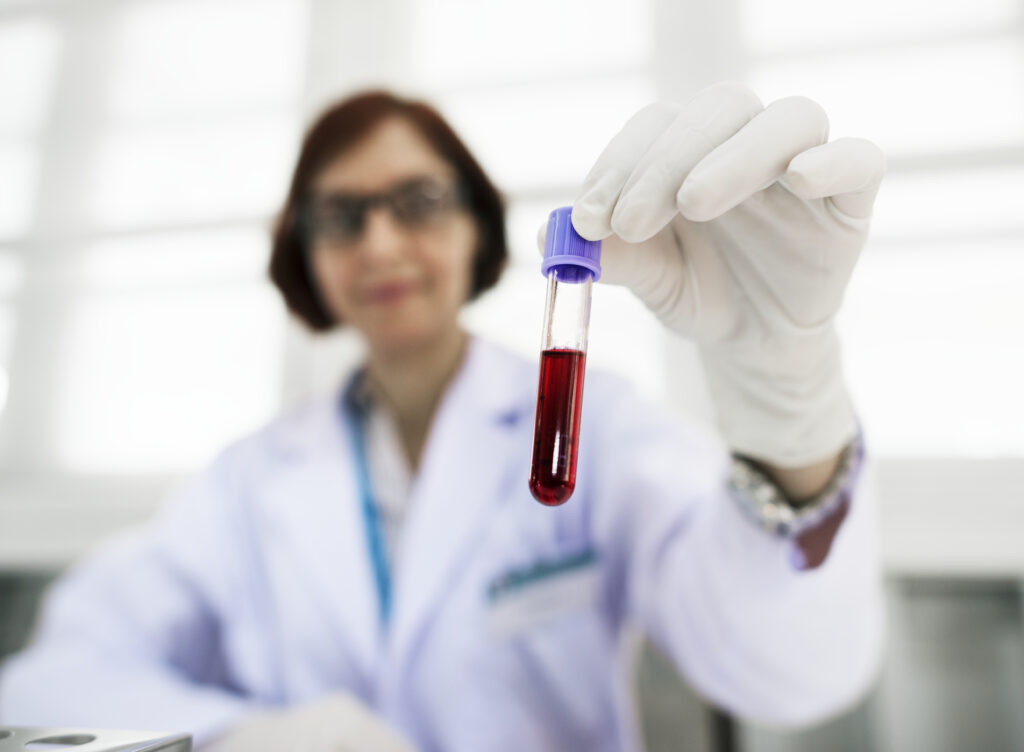Introduction
A hormone panel test checks the levels of different hormones in your blood. These hormones control many body functions, like growth, mood, and energy. Because hormones affect so much, a hormone panel test is important for finding out if your body is working as it should. Often, doctors use this test to spot hormone imbalances early. If you have symptoms like tiredness or mood swings, this test can help find the cause. Many people want to know what to expect before having a hormone panel test. This guide will explain everything in simple terms.
What is a Hormone Panel Test?
A hormone panel test is a blood test that measures several hormones at once. For example, it may check thyroid, estrogen, testosterone, cortisol, and insulin levels. Each hormone has a special job in your body. When one is too high or too low, you might feel unwell. Because the test looks at many hormones, it gives a clear picture of your health. Doctors use the results to find out if you have a hormone imbalance. This test is also called hormone imbalance testing. It is safe and quick.
Why is a Hormone Panel Test Done?
Doctors order a hormone panel test for many reasons. Sometimes, you may have symptoms that suggest a hormone problem. Other times, your doctor may want to check your hormone levels as part of a routine checkup. Common reasons for this test include:
In addition, some people need hormone imbalance testing if they have a family history of hormone problems. If you live in a city with high pollution or stress, your doctor may suggest this test more often. Early testing can help prevent bigger health issues later.
How is the Test Performed?
Getting a hormone panel test is simple. First, you may need to fast for 8 to 12 hours, depending on which hormones are being tested. Your doctor will tell you how to prepare for hormone panel testing. On the day of the test, a nurse will clean your arm and draw a small amount of blood. The process takes only a few minutes. Afterward, you can go back to your normal activities. Most people feel fine after the test. However, you may have a small bruise where the needle went in. To prepare, follow these steps:
Because some hormone levels change during the day, your doctor may ask you to come in at a certain time. Always follow your doctor’s instructions for the best results.
Understanding Your Results
After your blood is tested, your doctor will explain the hormone test results. Each hormone has a normal range. If your levels are outside this range, it may mean you have a hormone imbalance. For example, low thyroid hormone can cause tiredness and weight gain. High cortisol may be linked to stress or other health issues. However, one abnormal result does not always mean you are sick. Your doctor will look at your symptoms, medical history, and test results together. Because many things can affect hormone levels, your doctor may order more tests if needed. Always ask your doctor to explain your hormone test results in simple terms.
Risks and Considerations
A hormone panel test is very safe. Most people only feel a small pinch when the blood is drawn. Rarely, you may get a bruise or feel dizzy. If you have a bleeding disorder, tell your doctor before the test. Also, some medicines or foods can change your hormone levels. Always tell your doctor about any medicines or supplements you take. Because hormone levels can change with stress, sleep, or illness, it is important to follow all instructions before the test. If you have questions, ask your healthcare provider.
Frequently Asked Questions
Conclusion
A hormone panel test is a simple way to check your hormone health. Because hormones control many body functions, this test can help find problems early. If you have symptoms or concerns, talk to your doctor. For the best care, consult a healthcare specialist for personalized advice.

